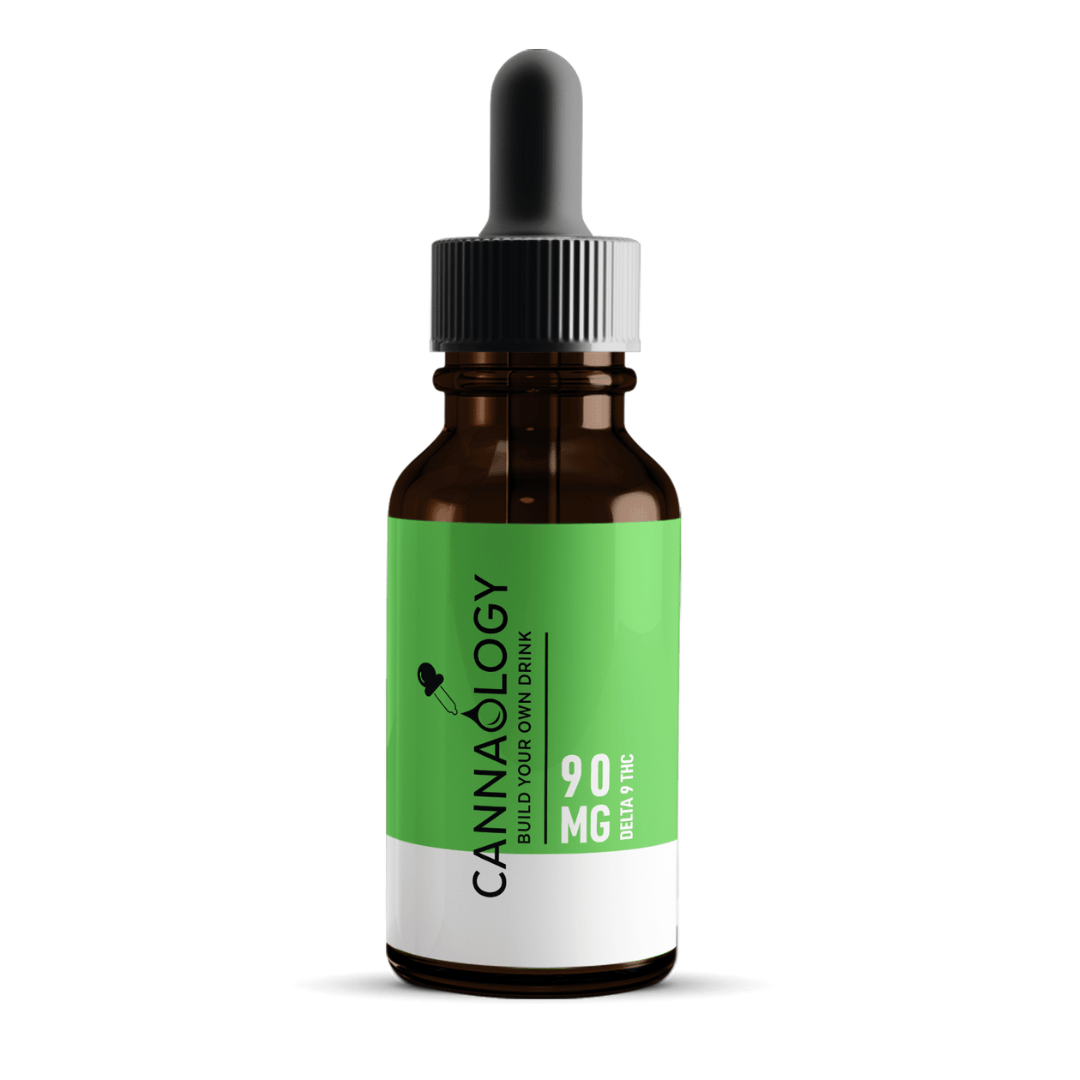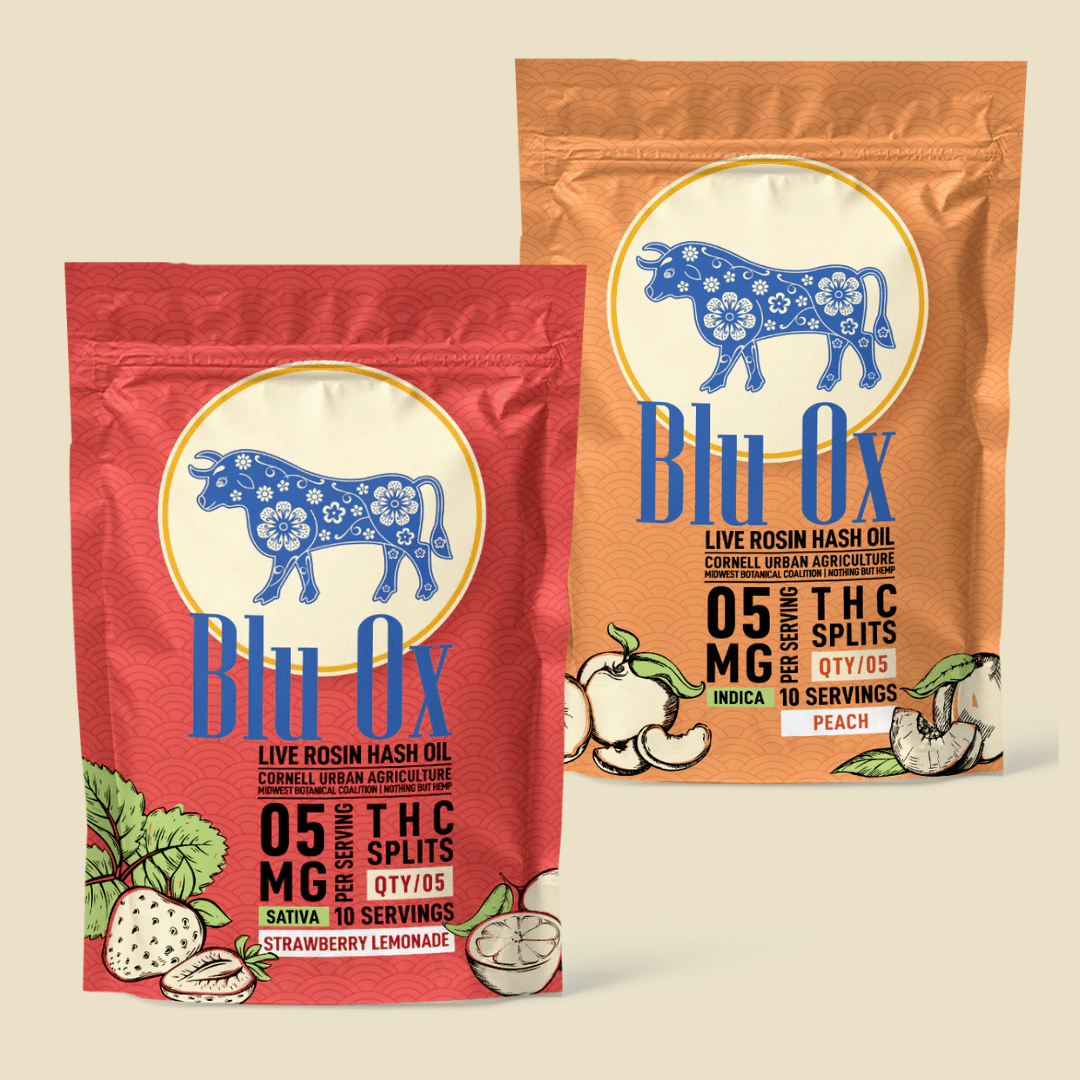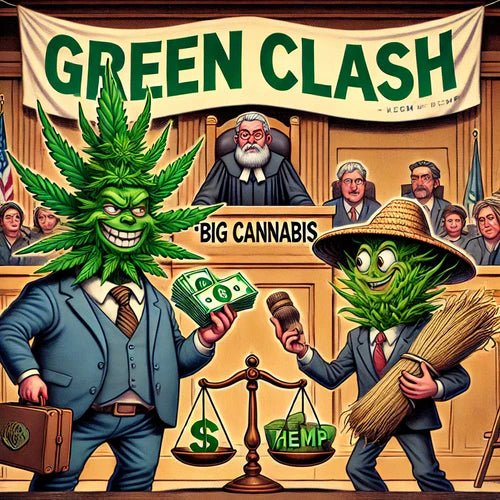In recent years, conversations around cannabis have grown louder and more complex. From legal debates to new product launches, terms like Delta-9 THC, Delta-8 THC, and CBD are everywhere. But with all the information (and misinformation) swirling around, it’s easy to get confused—especially if you’re new to cannabis or hemp.
At Nothing But Hemp, we believe knowledge is power. So let’s break it down in simple terms. This blog is here to clarify one important fact: Delta-9 THC is THC. Period. Whether it comes from marijuana or hemp, it’s the same thing.
If you’ve ever scratched your head wondering what Delta-9 THC is or how it compares to other cannabinoids like CBD or Delta-8, you’re not alone. Let’s dive in and set the record straight.
What Is Delta-9 THC?
Delta-9 THC, short for Delta-9-tetrahydrocannabinol, is the compound responsible for the psychoactive effects of cannabis. In plain terms, it’s what gets you high. This naturally occurring cannabinoid interacts with your body’s endocannabinoid system (ECS), producing effects that range from euphoria and relaxation to heightened sensory experiences.
Think of Delta-9 THC as the most famous (and often misunderstood) cannabinoid in the plant world. If someone mentions THC, they’re almost always talking about Delta-9 THC.
Where Does Delta-9 THC Come From?
Delta-9 THC is found in both marijuana and hemp. These plants are essentially two versions of the same species—Cannabis sativa—but with a few important differences.
- Marijuana plants tend to have higher concentrations of Delta-9 THC, often above 10% by dry weight.
- Hemp, on the other hand, legally contains 0.3% or less Delta-9 THC by dry weight. This distinction is why hemp can be grown and sold across the United States under the 2018 Farm Bill.
Despite the different sources, the chemical structure of Delta-9 THC doesn’t change. It’s the same compound, doing the same thing in your body—regardless of whether it comes from hemp or marijuana.
Legal Distinctions: Why Does Hemp-Derived Delta-9 THC Matter?
Here’s where things get interesting. Under the 2018 Farm Bill, hemp-derived Delta-9 THC is federally legal in the United States as long as it stays below 0.3% by dry weight. This small percentage might not sound like much, but clever product formulations allow manufacturers to create edibles, tinctures, and beverages that stay compliant while still delivering noticeable effects.
For example, a 5-gram gummy can legally contain up to 15 milligrams of Delta-9 THC. Since the gummy’s total weight keeps the THC under 0.3%, it remains federally compliant.
This has opened the door to a booming market for hemp-derived THC products that can legally ship across state lines, unlike marijuana-based products.
Debunking the Misinformation: Delta-9 is Delta-9, No Matter the Source
A common misconception is that Delta-9 THC from hemp is somehow different or less potent than that from marijuana. This simply isn’t true.
Chemically speaking, Delta-9 THC is Delta-9 THC. It’s the same molecule with the same properties, regardless of its origin.
- Hemp-derived Delta-9 THC: Legal (under 0.3% by dry weight).
- Marijuana-derived Delta-9 THC: Legal in states with recreational or medical cannabis laws but federally restricted.
The only difference is the plant it comes from—not the compound itself.
What About CBD and Other Cannabinoids?
Now, let’s address another important topic: converted cannabinoids.
Many people know that CBD (cannabidiol) is non-psychoactive, meaning it doesn’t get you high. However, under certain conditions, CBD can convert to THC. This process can happen naturally (over time and with heat) or through chemical manipulation in a lab.
In recent years, this has led to the creation of hemp-derived Delta-8 THC, Delta-10 THC, and even hexahydrocannabinol (HHC). These cannabinoids offer slightly different effects but raise regulatory questions and concerns.
At Nothing But Hemp, we understand the conversation around converted cannabinoids. While we don’t condone or condemn them, we take a neutral stance. Our goal is to educate, not dictate. We encourage consumers to stay informed and make decisions that align with their values and needs.
Delta-8, Delta-10, and HHC: How Are They Different from Delta-9?
- Delta-8 THC: Milder psychoactive effects compared to Delta-9. Often described as “THC light.”
- Delta-10 THC: Less common but known for producing more uplifting, energetic effects.
- HHC: A hydrogenated form of THC, potentially offering longer shelf life and unique effects.
While these cannabinoids may appeal to different consumers, it’s crucial to remember that Delta-9 THC remains the most well-known and studied cannabinoid.
Why This Matters
We’ve seen firsthand how misinformation can cloud judgment and harm the hemp and cannabis industries. Some consumers are wary of hemp-derived Delta-9 THC products, believing they’re weaker or less “authentic” than marijuana-derived THC.
This couldn’t be further from the truth. Delta-9 is Delta-9. It’s the same whether it’s extracted from hemp or marijuana.
Our mission at Nothing But Hemp is to clear up confusion, promote transparency, and empower our community with facts. By understanding the basics of Delta-9 THC, consumers can make informed choices and feel confident in the products they purchase.
The Bottom Line
Delta-9 THC is THC—no matter how you slice it. The legal distinctions between hemp and marijuana don’t change the science behind the compound.
If you’re part of the hemp industry, feel free to share this information with your audience. Education is the key to growth, and by spreading the truth, we can help shape a better-informed, healthier cannabis community.
Stay curious, stay informed, and let’s grow together. 🌿







































